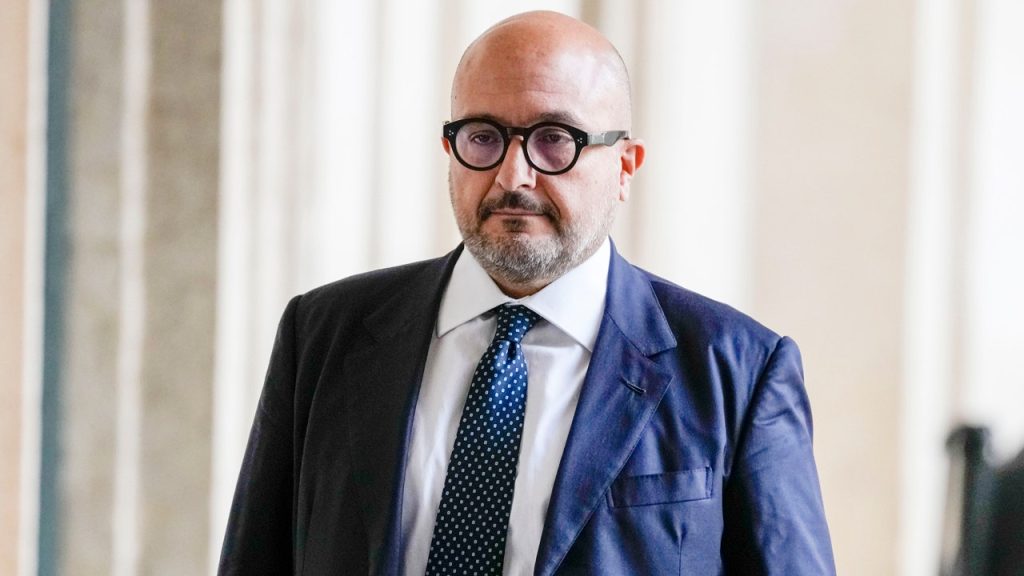The dispute between Italy and the Minneapolis Institute of Art began when an Italian court ruled that the U.S. museum was irregularly in possession of the Stabiae Doriforo, a Roman-era copy of The Doryphoros of Polykleitos, an ancient Greek sculpture. Italy claims that the sculpture was looted from an archaeological site at Stabiae in the 1970s. Italian prosecutors issued an international warrant for the artwork to be impounded and returned, but the museum has stated that it purchased the statue from an art dealer in 1986 and has displayed it publicly since then.
In 1984, Italy initiated a legal proceeding to claim the statue while it was on display in a German museum, but the claim was denied in 1986. The Minneapolis museum defended its ownership of the statue, stating that it has always acted responsibly and proactively with respect to claims related to its collection. They have refused to transfer the work where proof has not been provided, and they believe that the recent media coverage of the dispute is not an appropriate forum to address unproven allegations. The museum expressed disappointment in Italy’s decision to ban loans of works to them, calling it contrary to decades of exchanges between museums.
Italy’s Culture Ministry confirmed the ban on loans to the Minneapolis Institute of Art following the dispute over the marble statue. The ban is a response to the ongoing controversy surrounding the ownership of the Stabiae Doriforo, with Italy claiming that it was looted from an archaeological site near Pompeii in the 1970s. Italian prosecutors have issued an international warrant for the statue to be impounded and returned, but the museum has pushed back against these claims, asserting that they purchased the artwork legally in 1986.
The Minneapolis museum stated that it bought the Stabiae Doriforo for $2.5 million from art dealer Elie Borowski and has displayed the statue publicly and extensively published about it since then. They maintain that they have declined to transfer the work in cases where proof of ownership has not been provided or where evidence demonstrates that a claim is not supported. The museum believes that the recent media reports about the dispute are not the appropriate venue to address these allegations, and they stand by their ownership of the statue.
The ban on loans of works to the Minneapolis Institute of Art by Italy’s Culture Ministry marks a significant escalation in the ongoing dispute over the Stabiae Doriforo. Italy has been pursuing the return of the statue, claiming that it was looted from an archaeological site near Pompeii in the 1970s. Italian prosecutors have issued an international warrant for the artwork to be impounded and returned, but the museum has defended its ownership, stating that it purchased the statue legally in 1986 and has displayed it publicly ever since.
The Minneapolis museum maintains that they have always acted responsibly and proactively with respect to claims related to their collection and have declined to transfer works where proof of ownership has not been provided. They are disappointed by Italy’s decision to ban loans of works to them, calling it contrary to the longstanding exchanges between museums. The dispute over the Stabiae Doriforo continues to be a point of contention between Italy and the U.S. museum, with no resolution in sight as both sides dig in their heels over the ownership of the ancient marble statue.















